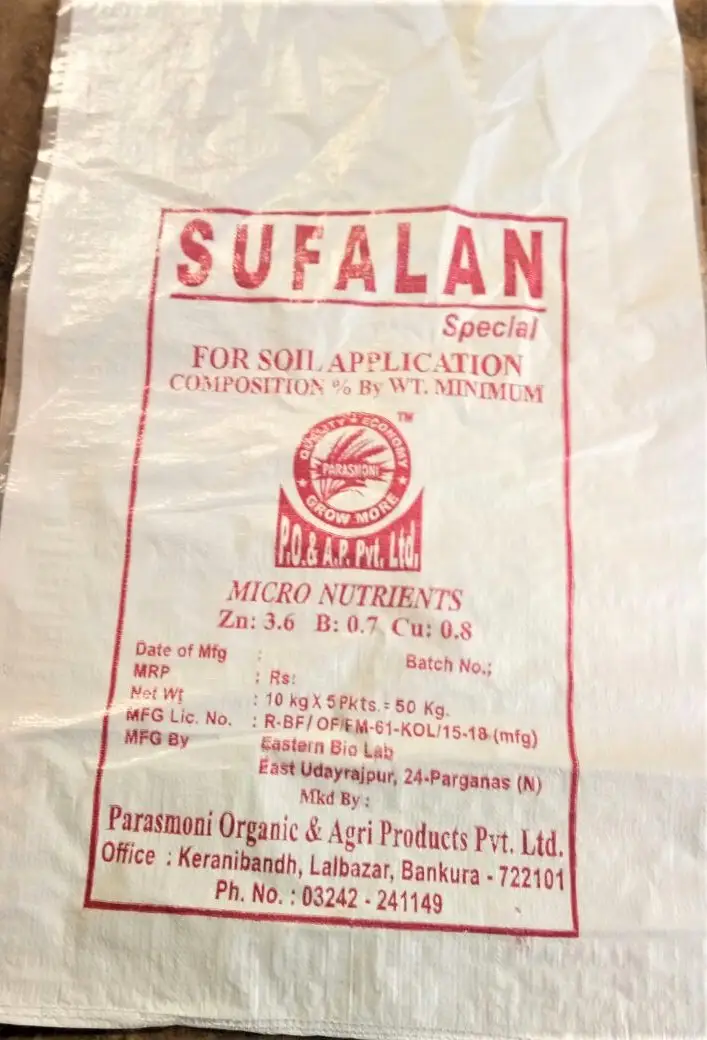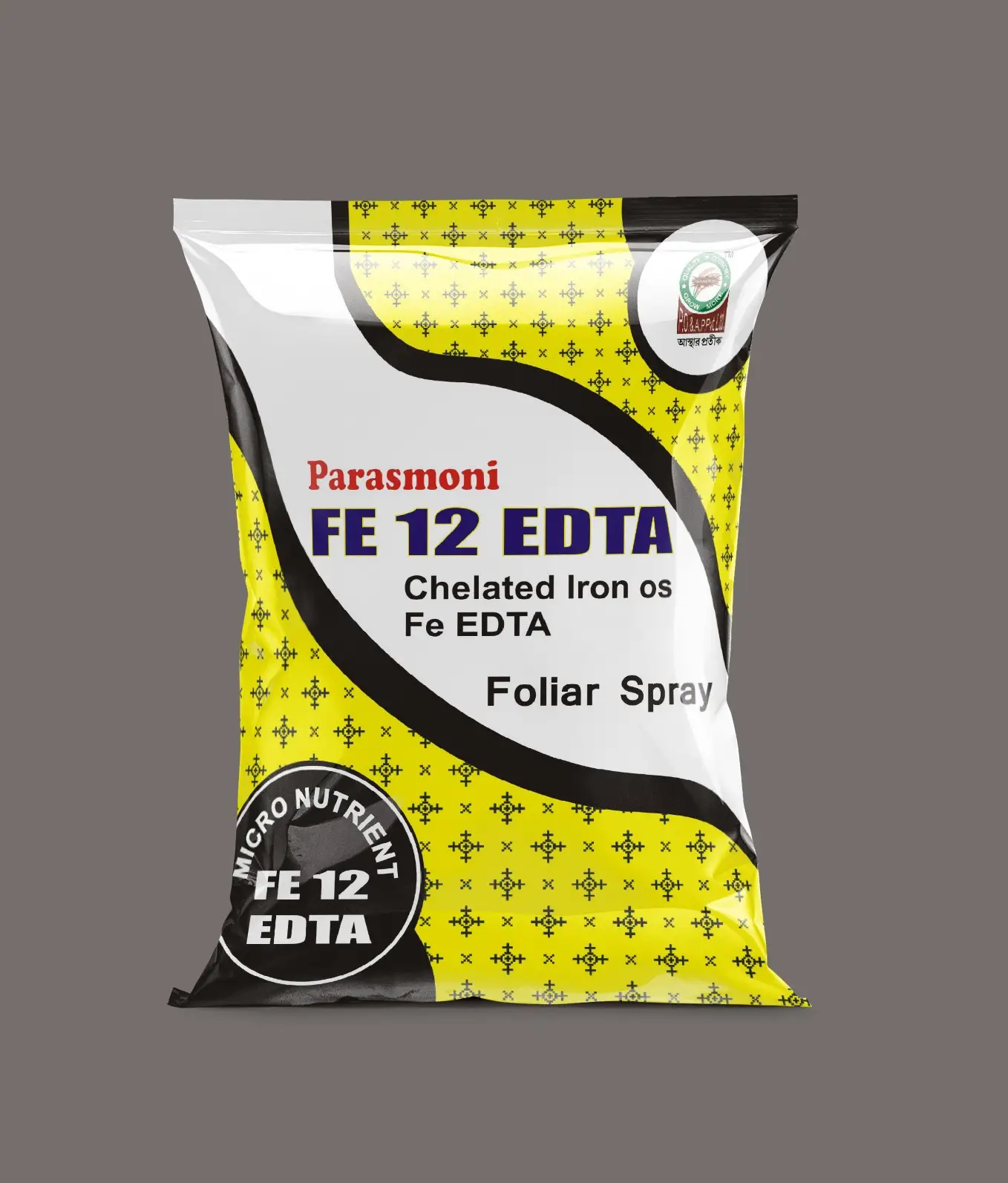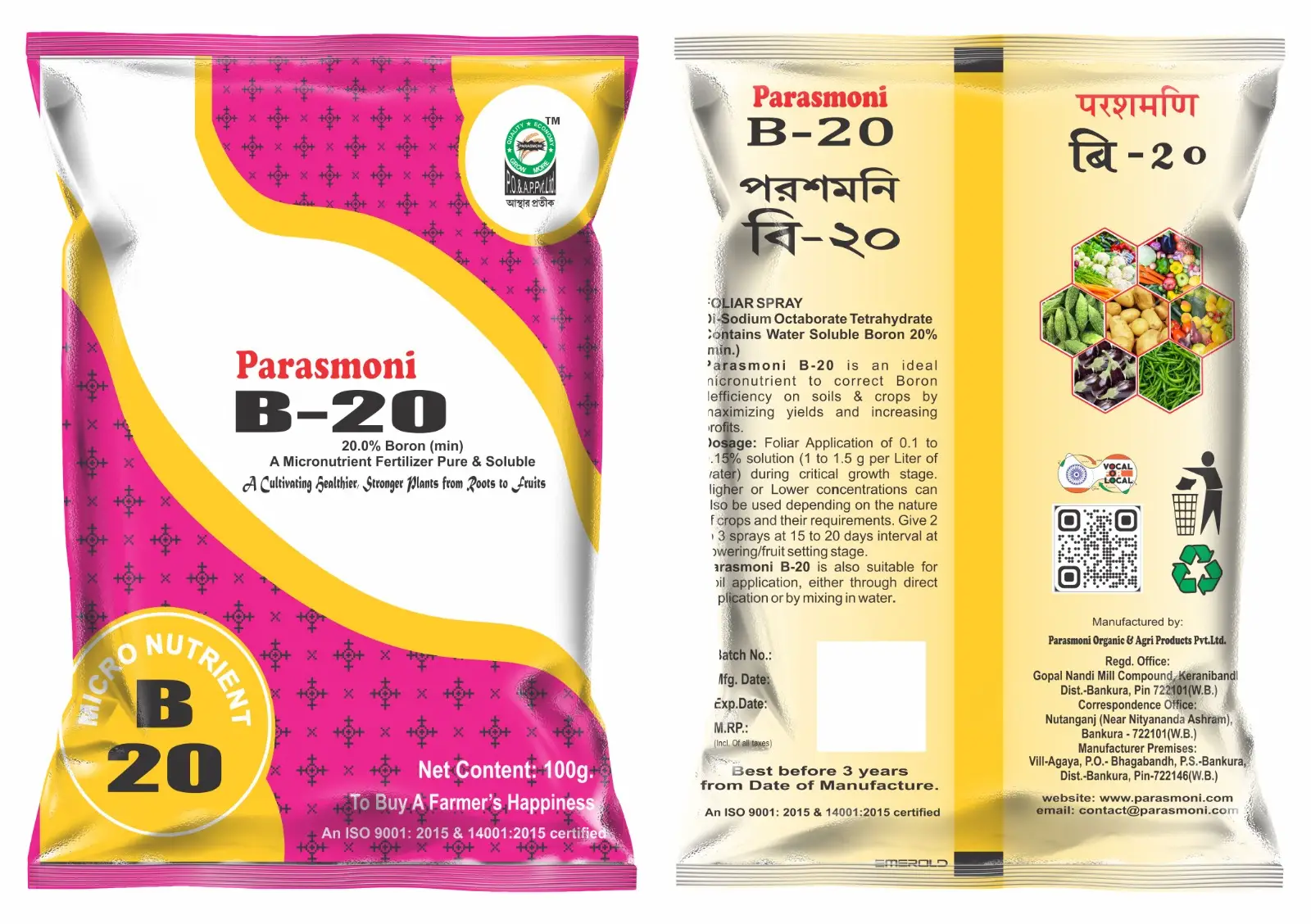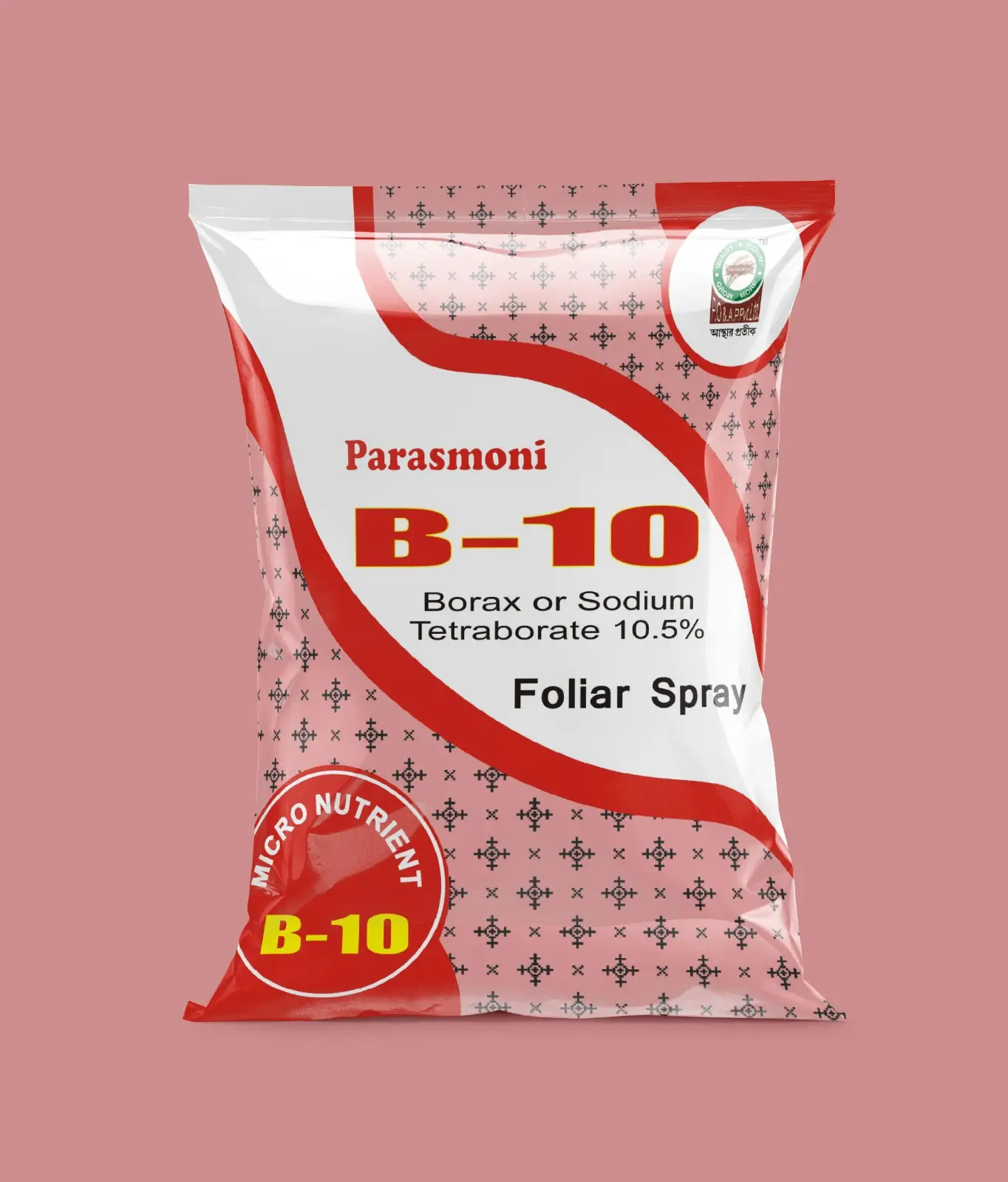Zinc Sulphate Micronutrient in Crop Growth
Introduction:
Agriculture uses zinc Sulphate micronutrient as a vital micronutrient to promote the healthy growth and development of crops. It is an inorganic compound with the chemical formula ZnSO₄, comprising zinc (Zn), sulfur (S), and oxygen (O). Zinc is an essential element for plant life, playing a crucial role in various physiological processes, including enzyme function, protein synthesis, and hormone regulation.
Importance of Zinc in Crop Growth:
Zinc is a critical micronutrient for plants, as it helps synthesize important plant hormones like auxins, which regulate growth and development. It also plays a role in the formation of chlorophyll, essential for photosynthesis, and is a key component of many enzymes that facilitate vital biochemical reactions in plants.
Zinc Deficiency in Crops:
Zinc deficiency in crops can lead to stunted growth, chlorosis (yellowing of leaves), reduced leaf size, and poor yield. People often observe this deficiency in soils with high pH, high phosphorus levels, or low organic matter content. Sandy soils and those with high levels of bicarbonates are particularly prone to zinc deficiency.
Zinc Sulphate as a Micronutrient Fertilizer:
People commonly use zinc sulphate as a fertilizer to correct zinc deficiency in soils. It is available in two main forms:
- Zinc Sulphate Monohydrate (ZnSO₄·H₂O): Contains about 36% zinc and is the most widely used form of zinc fertilizer.
- Zinc Sulphate Heptahydrate (ZnSO₄·7H₂O): Contains about 22% zinc and is also used in certain agricultural applications.
Application and Benefits of Zinc Sulphate Micronutrient:
Zinc sulphate can be applied to crops in several ways, including:
- Soil Application: Mixed with the soil before planting or as a top dressing during crop growth.
- Foliar Application: Sprayed directly onto the leaves of plants to quickly correct zinc deficiency.
- Seed Treatment: Coating seeds with zinc sulphate before planting to ensure early availability of zinc to the seedlings.
Benefits of Zinc Sulphate Micronutrient in Agriculture:
- Improved Crop Yield: Adequate zinc nutrition leads to better crop yields and quality.
- Enhanced Disease Resistance: Zinc strengthens the plant’s immune system, making it more resistant to diseases.
- Better Nutrient Uptake: Zinc plays a role in the uptake and utilization of other nutrients, such as nitrogen and phosphorus.
- Increased Tolerance to Environmental Stress: Zinc helps plants withstand environmental stresses like drought and salinity.
Conclusion:
Zinc sulphate micronutrient is an essential micronutrient fertilizer that plays a significant role in enhancing crop growth and productivity. By addressing zinc deficiency in soils, farmers can ensure healthier crops, higher yields, and better-quality produce. Regular monitoring of soil zinc levels and appropriate use of zinc sulphate can contribute to sustainable agricultural practices and food security.














